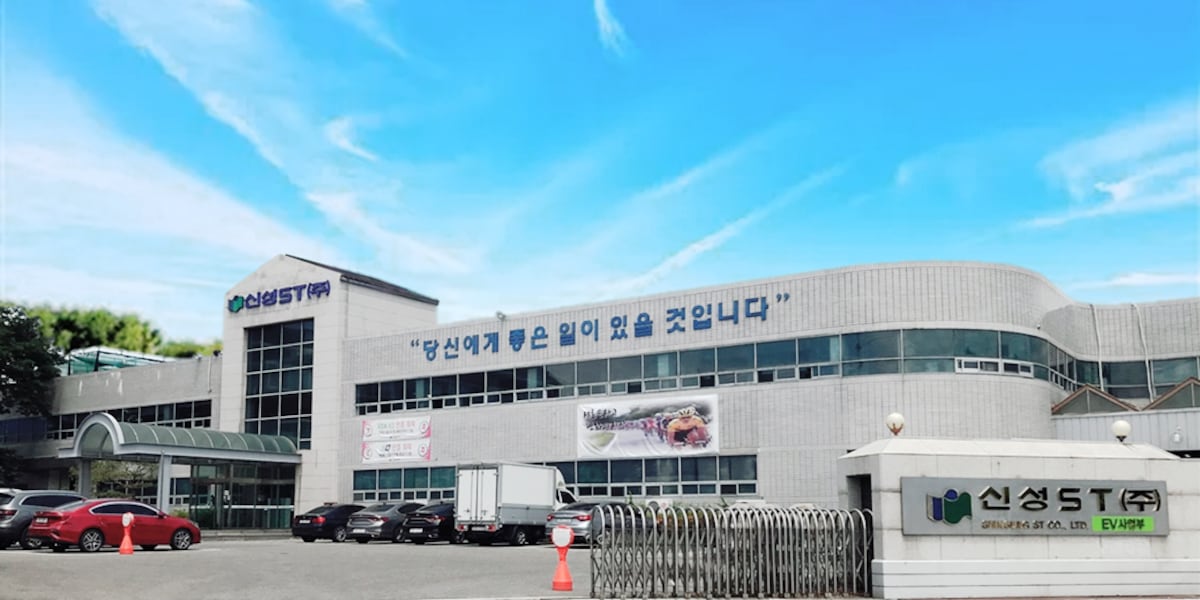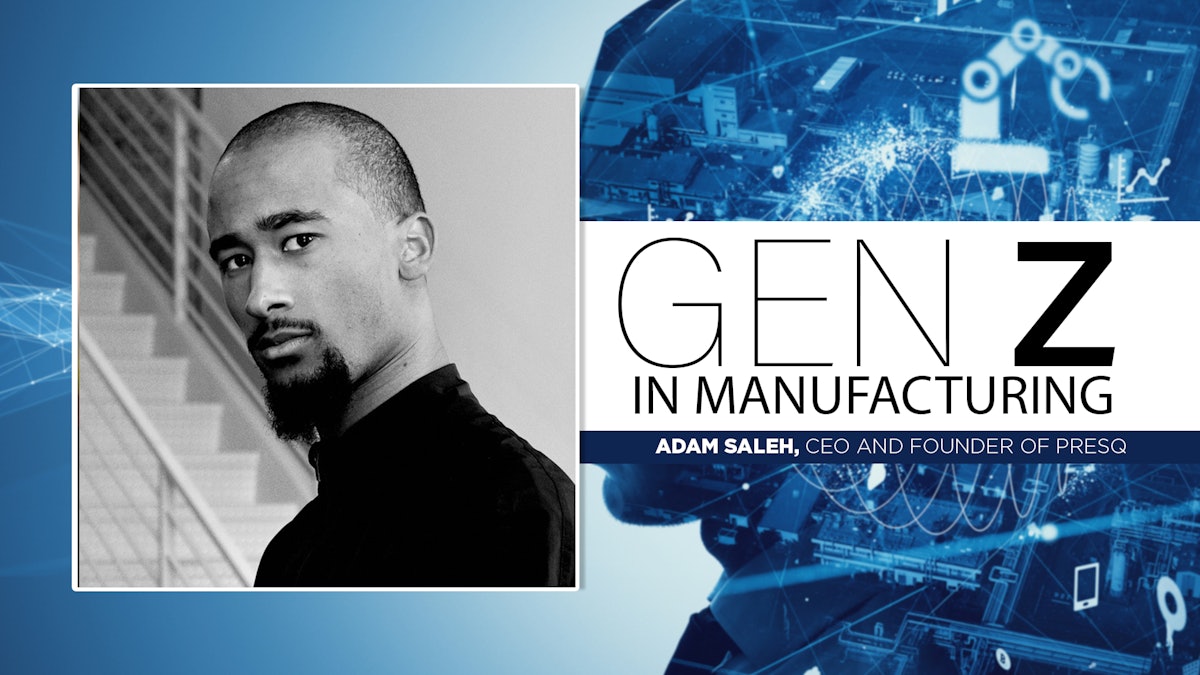Revolution on the Factory Floor: How Next-Gen Tech is Reshaping OEM Supply Chains
Manufacturing
2025-04-07 05:07:14Content

The Evolution of Original Equipment Manufacturing: Technology's Transformative Impact
The original equipment manufacturing (OEM) landscape is experiencing a profound metamorphosis, propelled by cutting-edge technological innovations. These groundbreaking advancements are fundamentally reimagining how OEM parts are conceptualized, engineered, and brought to market.
For industry suppliers, navigating this dynamic technological ecosystem is no longer optional—it's imperative. The ability to anticipate and adapt to emerging trends has become a critical competitive advantage in an increasingly complex manufacturing environment.
Modern OEM strategies are being revolutionized by technologies such as artificial intelligence, advanced robotics, 3D printing, and sophisticated data analytics. These tools are enabling manufacturers to achieve unprecedented levels of precision, efficiency, and customization.
Companies that embrace these technological shifts are positioning themselves at the forefront of innovation, transforming traditional manufacturing paradigms and creating more agile, responsive production ecosystems.
As the OEM sector continues to evolve, those who can seamlessly integrate emerging technologies into their design and production processes will undoubtedly lead the next wave of industrial transformation.
Revolutionizing Manufacturing: The Technological Metamorphosis of Original Equipment Production
In the rapidly evolving world of industrial innovation, the original equipment manufacturing (OEM) sector stands at the precipice of a profound technological transformation. As global markets become increasingly complex and competitive, manufacturers are being compelled to reimagine their traditional approaches, embracing cutting-edge technologies that promise to redefine the very essence of production, design, and delivery.Navigating the Future: Where Technology Meets Manufacturing Excellence
The Digital Revolution in Manufacturing Ecosystems
The contemporary manufacturing landscape is experiencing an unprecedented technological renaissance that transcends conventional production methodologies. Advanced digital technologies are fundamentally restructuring how original equipment manufacturers conceptualize, develop, and implement their strategic frameworks. Artificial intelligence, machine learning, and sophisticated data analytics are no longer peripheral technologies but central drivers of innovation. Manufacturers are increasingly leveraging intelligent systems that can predict maintenance requirements, optimize supply chain dynamics, and create more responsive production environments. These technological integrations enable real-time monitoring, predictive maintenance, and unprecedented levels of operational efficiency that were inconceivable just a decade ago.Emerging Technologies Reshaping Production Paradigms
Cutting-edge technologies like additive manufacturing, also known as 3D printing, are revolutionizing traditional manufacturing processes. These technologies enable unprecedented design flexibility, reduced material waste, and dramatically shortened production cycles. Engineers and designers can now create complex geometries and prototype designs with remarkable speed and precision. The convergence of Internet of Things (IoT) technologies with manufacturing processes has created intelligent, interconnected production ecosystems. Sensors embedded throughout manufacturing facilities collect massive amounts of data, enabling real-time decision-making and continuous process optimization. This data-driven approach transforms manufacturing from a linear process to a dynamic, adaptive system.Sustainable Innovation and Environmental Consciousness
Modern OEM strategies are increasingly intertwined with sustainability objectives. Manufacturers are developing technologies that not only enhance production efficiency but also minimize environmental impact. Advanced materials, energy-efficient manufacturing processes, and circular economy principles are becoming integral to strategic planning. Renewable energy integration, carbon footprint reduction, and sustainable material sourcing are no longer optional considerations but fundamental requirements for competitive manufacturing enterprises. Companies are investing heavily in research and development to create production methodologies that balance technological advancement with environmental stewardship.Global Supply Chain Transformation
The traditional linear supply chain model is rapidly giving way to more complex, interconnected, and resilient networks. Advanced technologies enable manufacturers to create more transparent, flexible, and responsive supply chain ecosystems. Blockchain technologies, for instance, are providing unprecedented levels of traceability and security in global manufacturing and logistics networks. Artificial intelligence and machine learning algorithms are helping manufacturers predict market demands, optimize inventory management, and mitigate potential disruptions. These technologies enable more agile and adaptive supply chain strategies that can quickly respond to global economic fluctuations and unexpected challenges.Human-Machine Collaboration and Workforce Evolution
The future of manufacturing is not about replacing human workers but creating symbiotic relationships between human expertise and technological capabilities. Advanced robotics, augmented reality, and collaborative technologies are enhancing human capabilities, enabling workers to focus on more complex, creative problem-solving tasks. Training and skill development programs are becoming crucial as manufacturers seek to create workforces capable of navigating increasingly sophisticated technological landscapes. The ability to understand, manage, and innovate alongside advanced technologies is becoming a critical competitive advantage.RELATED NEWS

Simpson County Lands Major Economic Win: Shinsung Breaks Ground on Cutting-Edge Manufacturing Hub

Manufacturing Titans: Dayton's Top 5 Companies Driving Industrial Innovation





